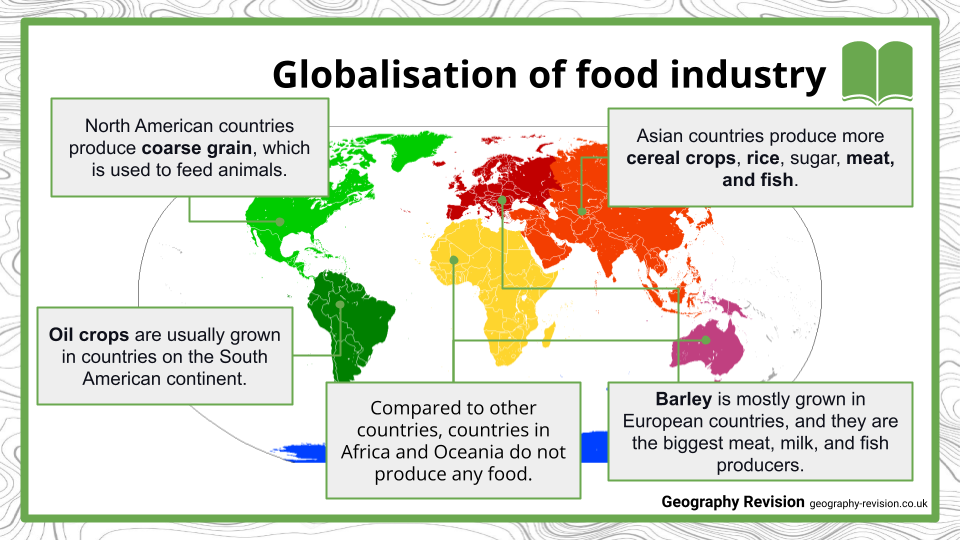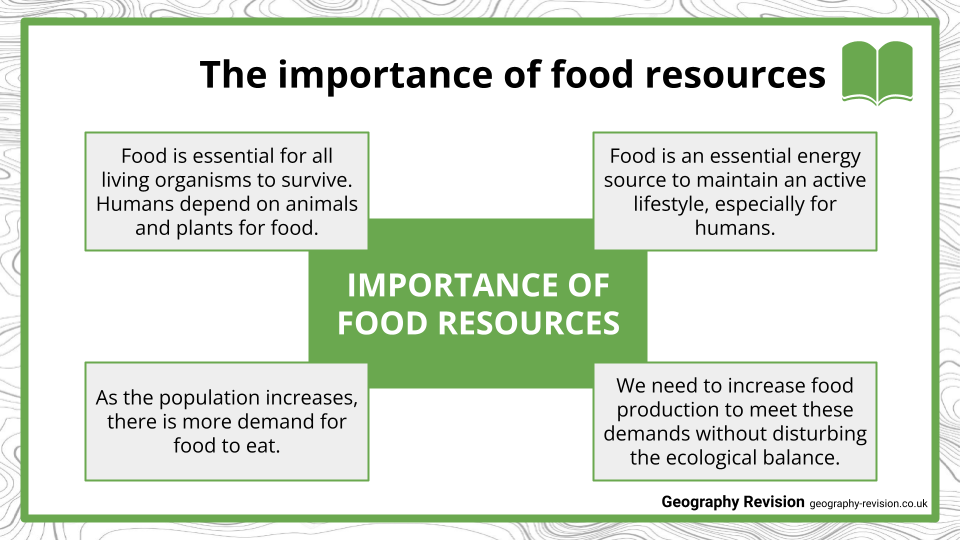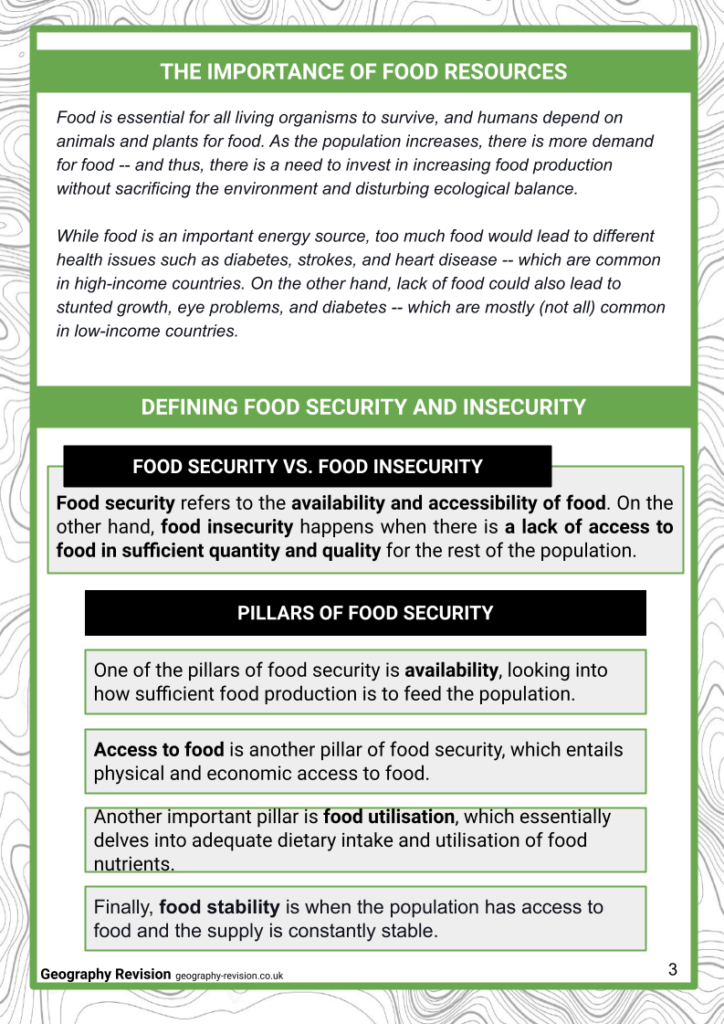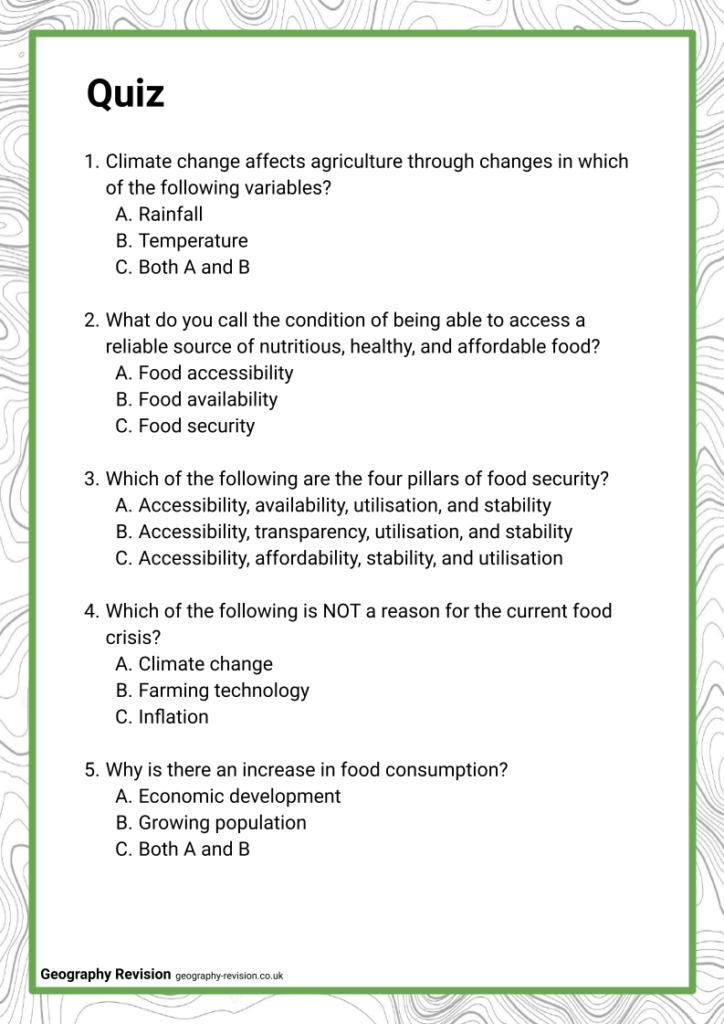Download the Food Management Module
This module contains:
- An editable PowerPoint lesson presentation
- Editable revision handouts
- A glossary that covers the key terminologies of the module
- Topic mindmaps for visualising the key concepts
- Printable flashcards to help students engage active recall
- A quiz with an answer key to test knowledge and understanding of the module

Food Management
Food is essential for all living organisms to survive, and humans depend on animals and plants for food. As the population increases, there is more demand for food - and thus, there is a need to invest in increasing food production without sacrificing the environment and disturbing ecological balance.
While food is an important energy source, too much food would lead to different health issues such as diabetes, strokes, and heart disease - which are common in high-income countries. On the other hand, lack of food could also lead to stunted growth, eye problems, and diabetes - which are mostly (not all) common in low-income countries.
This A-Level Food Management module will enable students to:
- Discuss the importance of food resources;
- Explain the difference between food security and food insecurity;
- Discuss the impacts of food insecurity;
- Discuss the factors that affect food security;
- Explain why there is an increase in food consumption; and
- Explain the imbalance in the global food supply that persist.
More Resource Management Modules
Energy is one lesson in our Resource Management module. The other theory lessons can be found below:




